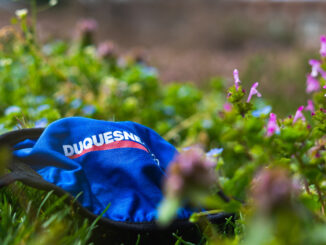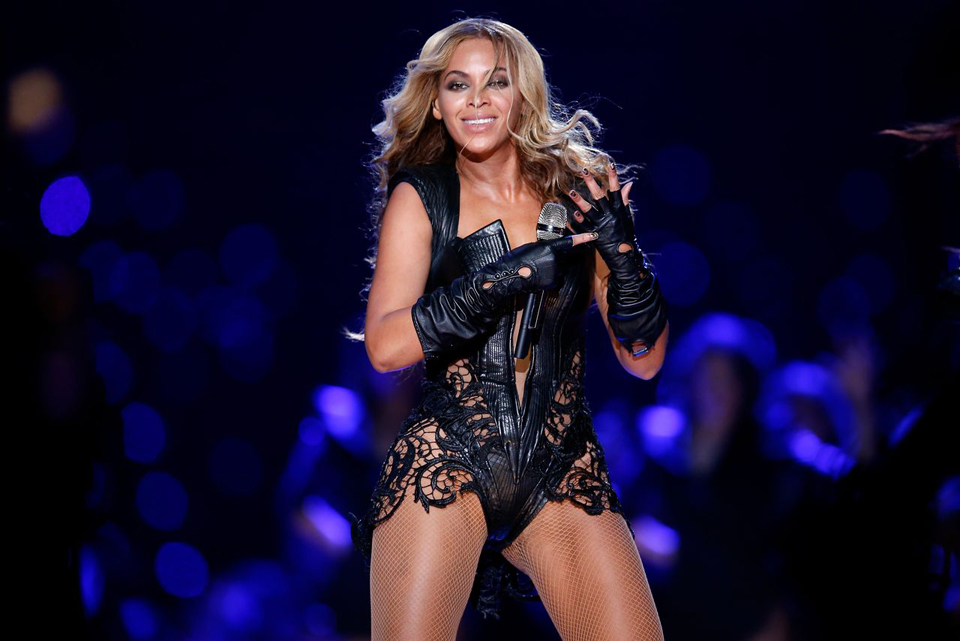Katia Faroun | Features Editor
10/22/2020
Not far into the start of the pandemic, there seemed to be an emphasis on supporting small businesses. Advertisements highlighted these businesses, and people encouraged each other to order takeout at the local Mexican place down the road instead of Chipotle. But it’s been more than half a year, and small businesses are still suffering — and some more than others.
Minority-owned businesses make up about 29% of all U.S. firms, or about 8 million firms, according to the Minority Business Development Agency (MBDA) in the U.S. Department of Commerce. Over recent years, that number has grown, having increased 38% between 2007 and 2012, according to U.S. Census Bureau data.
This growth looks good from a diversity standpoint, but what’s hidden are the challenges minority-owned businesses face, and how they’ve increased due to the pandemic.
The pandemic put small businesses across the board in jeopardy. Access to credit and capital were specific challenges for minority-owned businesses, according to Richard Longo, director of Duquesne’s Small Business Development Center.
“What goes across all small businesses … is the downturn because of this pandemic — loss of customers, loss of volume, expenses rising without the margins that small businesses need in place from a cash-flow perspective,” Longo said.
A report published by McKinsey & Company shows that minority-owned businesses are especially vulnerable to these challenges, as they are more likely to have lower incomes than white owners, leaving them less of a financial cushion for starting and maintaining a business. Minority business owners have also reported more difficulty in obtaining loans and a greater fear of going out of business, according to the Department of Commerce. Lack of collateral, credit history and lower net-worth are issues faced by all small businesses, but more so those with minority owners, who are more likely to start out with less.
At the beginning of the pandemic, organizations that support small businesses offered resources and toolkits to help businesses survive the initial shutdowns. Companies ranging from corporations to nonprofits across the nation dedicated funds and offered loans to small and minority-owned businesses. In Pittsburgh, the city partnered with PNC to provide loans offering up to $100,000 to minority-owned businesses impacted by COVID-19.
Despite attempts to offer aid and programs to minority-owned businesses, many haven’t received the help they need. Larger companies have received more aid due to their relationships with banks, while smaller minority-owned businesses lost out due to lack of connections, or social capital.
In the 2018 Small Business Credit Survey, large banks approved about 60% of white-owned business loan applications, 50% of Latinx or Hispanic business owners’ requests and 29% of Black business owners’ requests — and that was before the pandemic.
Out of all minority-owned businesses, those owned by Black people have been hit especially hard by the pandemic. A study by the National Bureau of Economic Research reported that over 40% of American Black-owned businesses shut down for good after the start of the pandemic, compared to 17% of white-owned businesses. However, western Pennsylvania has seen a growth in its amount of Black-owned businesses, and progress seems promising, according to Doris Carson Williams, president and CEO of the African American Chamber of Commerce of Western Pennsylvania.
“There’s some forward movement to suggest that we’re raising the conscious level for non-Blacks on the role that Blacks play in this region,” Carson Williams said.
Though western Pennsylvania hasn’t held the best track record historically for Black business owners, Carson Williams believes that growing national awareness has encouraged companies to see the benefits of partnering with minority-owned businesses.
“Part of what has happened since the pandemic with the Black Lives Matter movement and the demonstrations — it has opened the eyes to a lot of those who are engaged in white privilege, and they’re now seeing the benefit of what happens when you include people,” Carson Williams said.
While the pandemic has increased the challenges already faced by minority-owned businesses, especially those owned by Black people, Carson Williams sees a stronger sense of unity among businesses — small and large, minority-owned or not — that the pandemic has created.
“Black business owners deserve to move forward, because we’re all in this together,” Carson Williams said. “That’s what companies are realizing: this isn’t just affecting U.S. Steel or UPMC or Highmark — it’s everybody. And if we all work together, we can help to make things happen.”
***
This is an introduction to a series highlighting minority-owned businesses in the Pittsburgh region. This series aims to give minority business owners a platform for their voices, where they can share their stories of challenges and hope with the Duquesne community.




